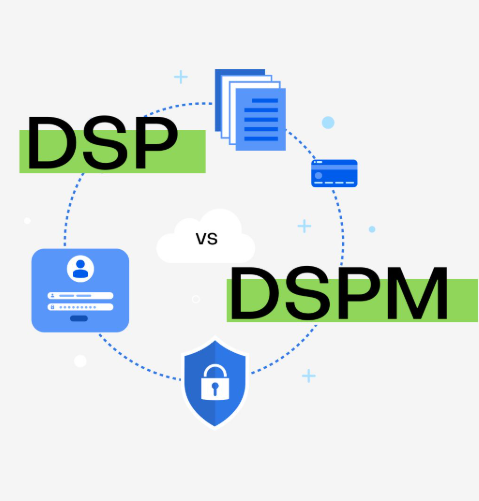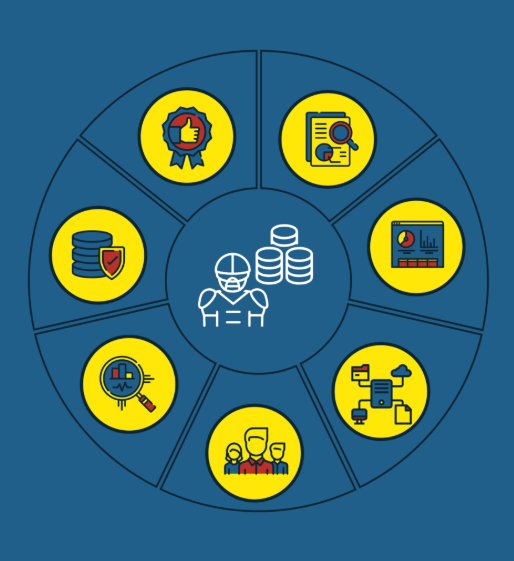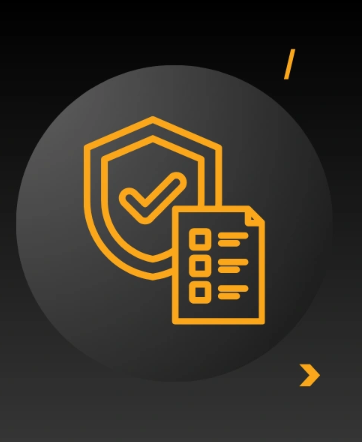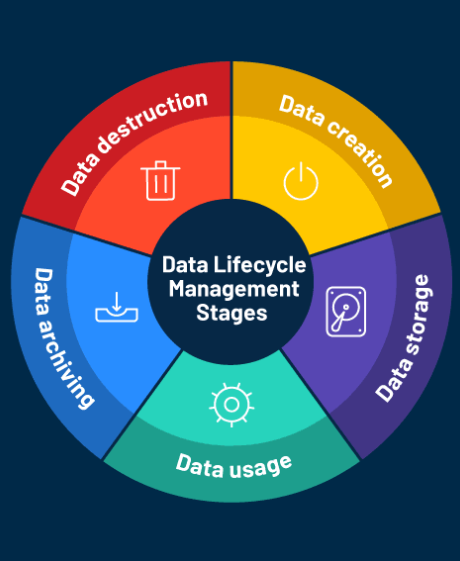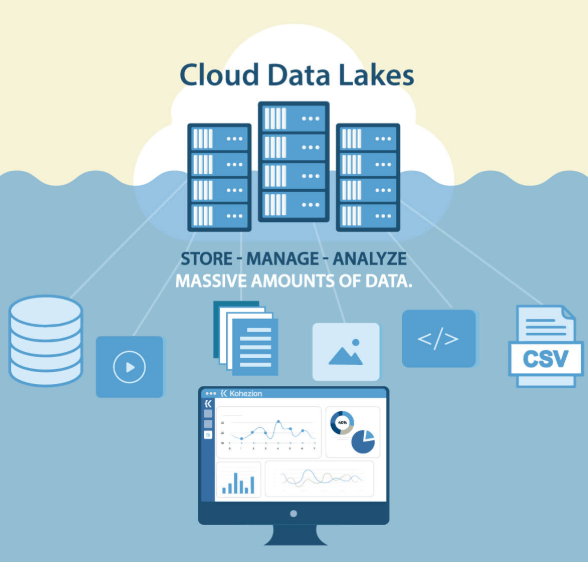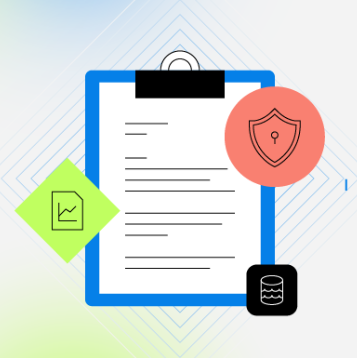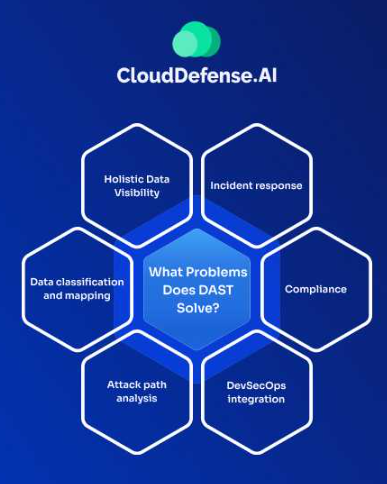
As businesses grow and increasingly rely on digital transformation, data has become one of their most valuable assets. However, with the growing importance of data comes the heightened risk of cyber threats. Data Security Posture Management (DSPM) has emerged as a key solution in safeguarding sensitive information and ensuring that large organizations maintain secure, compliant data environments. In this post, we will explore the importance of DSPM and why it should be a priority for IT leaders and Chief Information Security Officers (CISOs).
What Is DSPM?
Data Security Posture Management (DSPM) refers to a proactive, comprehensive approach that continuously monitors, assesses, and improves an organization’s data security posture. It involves examining data security practices, policies, and controls across all IT environments, including on-premises, hybrid, and cloud infrastructures.
DSPM tools provide organizations with clear visibility into their data security status, helping identify vulnerabilities, misconfigurations, and potential risks. These tools ensure that sensitive data is protected, access is controlled, and compliance is maintained, thus minimizing the likelihood of data breaches and other security incidents.
1. Reducing the Risk of Data Breaches
With the increasing frequency of data breaches, especially in industries like finance and healthcare, protecting sensitive data is crucial. A recent IBM report highlighted that the average cost of a data breach in 2023 was $4.45 million. For large enterprises, a breach could result in severe consequences such as reputational damage, regulatory fines, and loss of customer trust.
DSPM helps mitigate this risk by offering real-time monitoring of sensitive data and enforcing access controls. By continuously assessing and identifying vulnerabilities, DSPM tools can detect unauthorized access patterns, insider threats, or compromised accounts early, significantly reducing the risk of a breach.
2. Ensuring Regulatory Compliance
Large organizations must comply with a range of regulations such as GDPR, CCPA, HIPAA, and more, all of which enforce strict data protection rules. Failing to comply with these regulations can result in heavy fines and legal penalties.
DSPM solutions simplify compliance by automating assessments against relevant data security standards. These tools offer auditing capabilities to help organizations demonstrate compliance and securely manage data. As new regulations emerge, DSPM tools can also help businesses stay ahead of evolving compliance requirements, minimizing legal risks.
3. Improving Data Visibility and Control
Managing vast amounts of data across diverse environments can be challenging for large enterprises. Without proper visibility, sensitive data might be spread across various repositories, making it difficult to track and secure. DSPM platforms provide a holistic view of where sensitive data is stored and how it’s being accessed.
This visibility allows organizations to ensure data is classified, encrypted, and properly protected. DSPM also helps mitigate the risks posed by shadow IT and poorly configured data flows, ensuring that sensitive information remains secure and compliant.
4. Strengthening Risk Management
Effective risk management is a critical aspect of any organization’s cybersecurity strategy. As cyber threats continue to evolve, it’s important for large enterprises to assess and address potential risks proactively. DSPM tools enable organizations to continuously monitor and identify vulnerabilities, offering real-time alerts on issues that require attention.
By proactively managing risks, organizations can prevent security incidents before they escalate, prioritize critical vulnerabilities, and allocate resources more effectively to reduce risks.
5. Enhancing Incident Response and Recovery
When a data breach occurs, the ability to respond quickly and effectively is crucial to minimizing its impact. Without adequate visibility, organizations may struggle to identify the root cause or containment strategy. DSPM tools enhance incident response by providing detailed insights into data access, configurations, and user activity.
These tools help security teams track compromised data, determine how attackers gained access, and accelerate recovery. Additionally, DSPM systems support forensic investigations, enabling businesses to learn from incidents and improve their data security posture moving forward.
6. Securing Cloud Adoption
As more organizations move to the cloud, securing cloud data becomes increasingly important. With reports suggesting that 85% of organizations will adopt a multi-cloud strategy by 2025, ensuring cloud data protection is critical.
DSPM solutions are designed to secure cloud environments by continuously monitoring cloud configurations, permissions, and access controls. By identifying vulnerabilities in cloud infrastructures before they become threats, DSPM tools help organizations remediate issues quickly, safeguarding sensitive data from potential breaches.
7. Supporting Data Privacy Initiatives
With growing concerns over data privacy, organizations must ensure they are managing and protecting personal data responsibly. Data protection regulations like GDPR and CCPA impose strict guidelines on how businesses handle customer data, and non-compliance can lead to penalties.
DSPM tools help identify personal and sensitive data within an organization, ensuring it is appropriately protected. By securing access to this data, businesses can improve their privacy practices, reduce the risk of unauthorized access, and demonstrate their commitment to safeguarding customer information.
Conclusion
Data Security Posture Management (DSPM) is crucial for large organizations that rely on managing sensitive data across multiple environments. With its focus on proactive monitoring, real-time risk assessment, and compliance management, DSPM helps safeguard data, mitigate risks, and ensure compliance with evolving regulations. By adopting DSPM, businesses can create a more secure, efficient, and compliant data environment that protects both their reputation and their customers’ trust.












